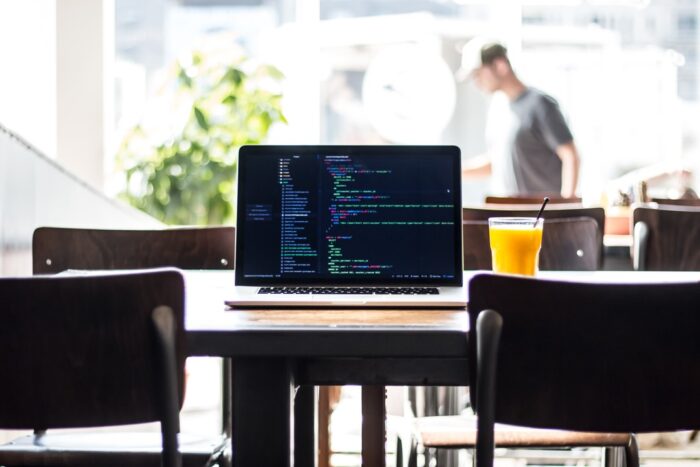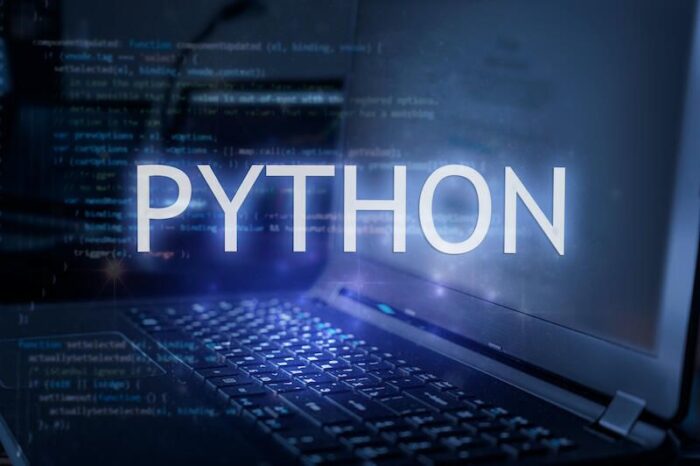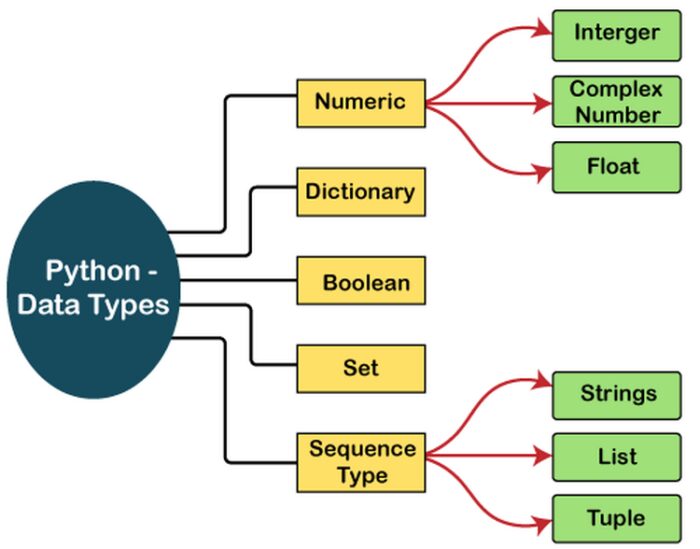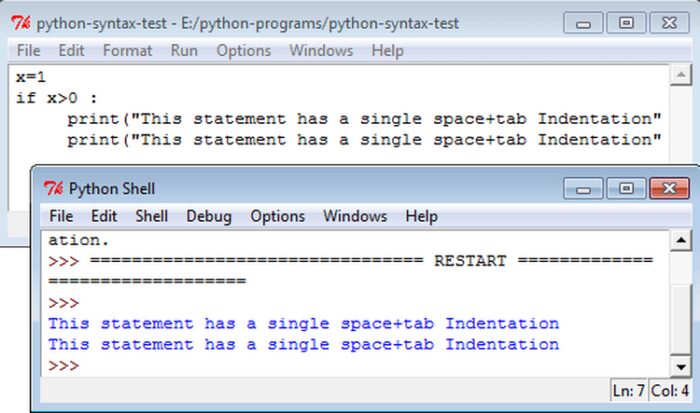
Python is one of the most powerful and versatile programming languages out there. But when I first started learning Python, I had no idea what I was getting myself into. If only someone had told me these 6 tips before I went down the rabbit hole! Over the next few weeks, I’ll be discussing each tip in detail to help you avoid the pitfalls that can come with Python programming. So let’s dive in and explore these essential pieces of advice for anyone new to this amazing language!
The Basics

When you start learning Python, it’s important to understand the fundamentals. The best way to start is by focusing on the basic components that form your program – variables, data types and functions. Knowing how these work will help you quickly understand how code works and be able to integrate them into your own project.
Variables
Variables are placeholders that store values so they can be reused in code. They are usually given meaningful names that allow human-readable references to be made within the code.
Data types

The most common data types used in Python programming are integers (whole numbers), floats (numbers with decimals), strings (text) and booleans (true/false values). It’s important to understand which type of data a variable stores so it can be used correctly when performing operations or accessing external sources.
Functions
A function is basically like a mini-program that takes inputs and produces an output based on some calculations or manipulation of data within it. Instead of repeating code inside your main program, functions can perform frequently used tasks quickly and reliably – so you don’t have to write out long sequences every time they need to be used!
Practice and Repetition

Practicing and repeating concepts is incredibly important in the learning process, especially when starting out. Repetition helps you to develop a better understanding of the material that you are studying and allows you to better process it and remember it for future use. It can also help make difficult concepts more familiar. Consistently practicing your skills will also help you get better at coding and become quicker at debugging code written by yourself or others.
Utilizing Resources
One of the most important tips for beginners learning to code in Python is to utilize the many resources available. One great resource is Stack Overflow, which is an online coding forum where you can ask questions and get answers from other coders. You can also find sample codes from different websites or books that can show you how to accomplish basic tasks.
Understanding the Syntax

Understanding the syntax of Python can be tricky when starting out, as it has certain unique features. For example, indentation is used to indicate blocks of code as opposed to other languages that often use curly braces. In addition, Python does not use semicolons or parentheses. Also, there are certain keywords in Python that you should familiarize yourself with such as for, while, if and else which are used for loops and decision making.
Conclusion
In conclusion, Python is a great beginning language for aspiring programmers. It’s relatively easy to learn and implement, and because of its popularity, you can find a wealth of help in the form of forums and other resources online. By keeping the aforementioned tips in mind as you begin your Python journey, you can ensure that your learning process will be much more successful.



